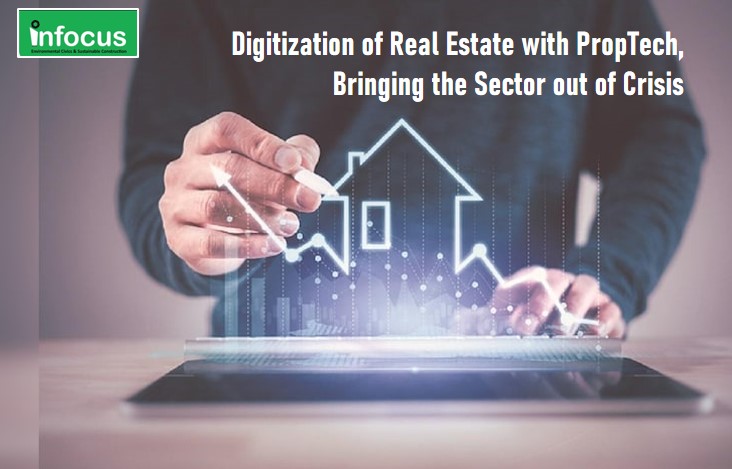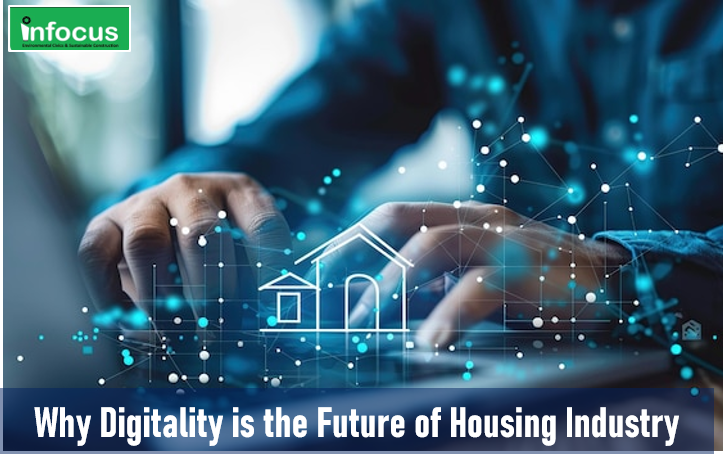Digitality is used to mean the condition of living in a digital culture. Recent years have seen a flurry of IT inventions dealing with the impact of automation, digitalization and platformization on lifestyle and living conditions. Digitality is the future in housing and even in real estate industry, which refers to the use of technology to improve housing services and meet the needs of communities and residents. It’s a fundamental shift that’s reshaping the housing landscape and bringing about efficiency, accessibility, and innovation.
Digitality in Housing & Real Estate:
In technological terms, digitality in housing and real estate is a process of converting analog data into digital format, and using digital technology to transform the industry. It’s becoming increasingly important for housing industry in Pakistan to achieve their goals, and can help meet the growing demand for sustainability and reduced climate impact. In cities around the world, short-term rental platforms are blurring the lines between commercial and residential space, formal and informal housing, tourists and tenants. The paradigmatic example of these businesses is Airbnb’ rapid international expansion which was most intense between 2011 and 2014.
Digital transformation is becoming increasingly important and preferable in Pakistan. Once housing searches were primarily conducted by reading local listings in the newspaper or calling the telephone numbers displayed on “for sale” or “for rent” signs in front of the properties themselves. Today, the vast majority of housing searches rely on online listing services.
Here are some ways, digitality is changing the housing industry:
- Digital self-service platforms: These platforms allow users to complete simple tasks and access account information online, which can reduce call-center costs.
- Digitizing customer relationships: This can reduce the time customers spend waiting and allow them to access services at times that suit their schedules.
- Building Information Modeling (BIM): This process uses advanced data and algorithms to plan, create, and conceive architecture for a real estate project.

4. PropTech
This refers to the technological tools that have emerged to support property management. As the tasks involved in housing transactions have become more digitalized and data-driven, the volume of technological tools tailored to property management has expanded. These tools can be divided into three sub-sectors: smart real estate, the shared economy, and real estate financial technologies.
The main functions of the platforms in each of these sectors are to share information with prospective users and sellers, to mediate transactions between them and to facilitate service contracting. While the shared economy refers to technology-based platforms mediating the use of real estate assets, smart real estate includes those facilitating their operation and management. On the other hand, real estate financial technologies (or FinTech) refer to tech platforms that facilitate the trading of buildings, shares, funds, debt or equity.
Digitality in housing leads to a ‘digital lifestyle’ which encourage greater connectivity, collaboration, communication, community and participation. It doesn’t let you remain in the state of alienation not only from technology but also the environment.
By
Editorial, Infocus


